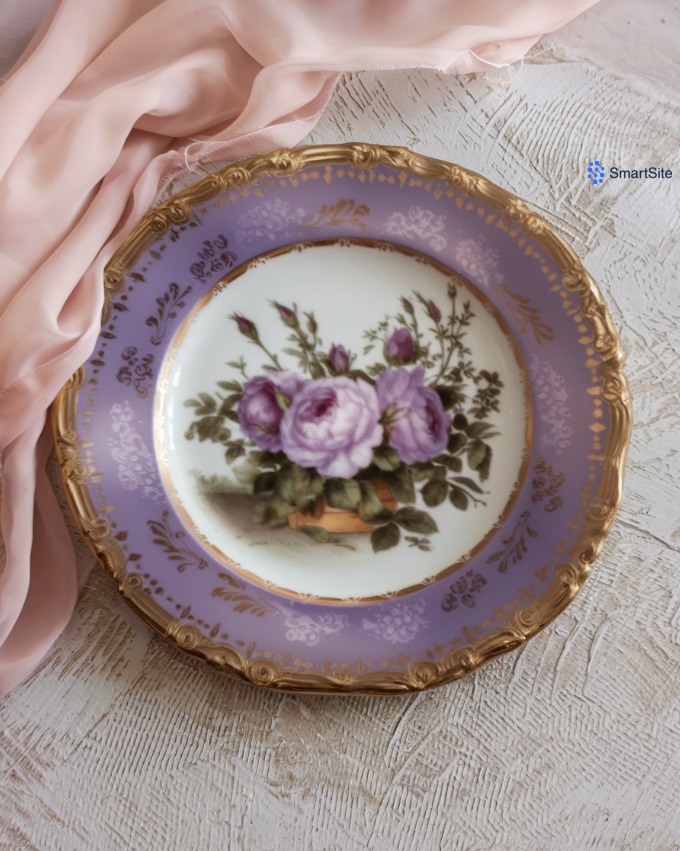After a man passed away, the will he left behind pitted his two daughters, Helen and Julia, against each other—one inherited the house they grew up in, while the other received a single dirty dish.
John was a proud father of two daughters. Helen, the elder, was the apple of his eye, but his youngest, Julia, bore a striking resemblance to his late wife. This resemblance made John favor her more, even though he loved both girls.
When Julia was born, Helen was already a teenager. John and his wife had nearly given up hope of having another child, and Julia’s arrival felt like a miracle. This miracle status made them shower Julia with extra love and attention, leaving Helen feeling neglected and sidelined.
As Helen turned 18, tragedy struck. Her mother passed away, and John was left to raise both girls on his own. Struggling to make ends meet, he instructed Helen to get a job as a dishwasher to help with the family’s finances.
Helen, frustrated and upset, resented the idea. “Why do I have to work? Everyone else my age is going to college,” she protested one day.
John’s reply was firm. “You’re 18 now, Helen. It’s time you learned how to be useful.”
“Useful to you and Julia, you mean,” Helen shot back before storming off.
This became a recurring argument until Helen finally agreed to take the job. But her resentment toward Julia only grew. While Helen was working long hours, Julia, still a carefree teenager, spent her days partying. This created a rift between the sisters that only deepened over time.
As Helen worked her way up from dishwasher to kitchen assistant and eventually to cook, she matured and let go of much of her jealousy. She tried to guide Julia, encouraging her to be more responsible and to think about her future. But Julia brushed off her advice, seeing Helen as bitter and overbearing. Their father, John, continued to spoil Julia, leaving Helen with little support.
Then, John passed away, and everything changed. His will was read, and it shocked both sisters. Julia was given the family home, while Helen received a single dirty dish. Helen briefly considered contesting the will but decided against it, thinking Julia needed the house more than she did.
Instead, Helen approached her sister with advice. “Julia, you should sell the house and use the money for college. You have a chance to do something with your life.”
But Julia wasn’t interested. “Why are you always meddling? Daddy left me the house because he knew I deserved it more than you. I don’t need your advice.”
Helen was hurt but decided to let Julia be. Shortly after, Julia sold the house and moved into an expensive apartment in the city. “Good luck, sister,” Helen whispered to herself when she heard the news.
Months passed, and Helen focused on building her own life. One day, while cleaning her apartment, she stumbled upon the dish her father had left her. Rather than discarding it, she washed it and placed it on a shelf, thinking she might use it one day.
That day came when she hosted a small gathering for friends. One of her guests, a historian, noticed the dish and took a closer look. “Where did you get this?” he asked, his tone full of intrigue.
Helen explained that it had been her father’s. The historian’s eyes widened. “This is no ordinary dish. It’s an artifact from the Chinese dynasty and could be worth a fortune.”
The next day, Helen brought the dish to an antique dealer, who confirmed its value—it was worth two million dollars. Helen sold the dish to a collector and used the money to build her own restaurant business, which soon flourished.
Meanwhile, Julia’s life took a different turn. She squandered the money from selling the house on parties and frivolous purchases. Within months, her funds ran dry, and she found herself homeless.
Desperate and hungry, Julia went to a well-known restaurant that offered meals to the homeless. She had heard the owner was especially kind and generous, so she arrived early, hoping for a meal. When she reached the front of the line, she was stunned to see that the owner was none other than her sister, Helen.
Despite everything, Helen welcomed Julia with open arms, taking her home, cleaning her up, and even offering her a job at one of her restaurants. Julia accepted the help, grateful for her sister’s kindness, and never looked down on her again.
Lessons from this story:
- Laziness leads to downfall: Julia was pampered and never learned the value of hard work. After her parents passed, she continued her carefree lifestyle until her money ran out, leaving her with nothing.
- Be open to advice: Helen tried to guide Julia to make better choices, but Julia’s arrogance led her to ignore her sister’s wisdom. By the time she realized her mistake, it was too late.
Share this story with your friends. It might brighten their day and inspire them.

